How can the G20 agenda help advance and accelerate progress on gender equality?
By SAHAJ (Society for Health Alternatives) and Aarushi Khanna, Asia Pacific Regional Lead, Equal Measures 2030
Leaders from G20 countries- the world’s major economies- are gathering in Delhi, India on the 9th and 10th of September for an annual summit to discuss strategies to enhance their country’s GDP growth towards a more robust economy. Climate growth, women’s leadership, education policies and the Sustainable Development Goals (SDGs) are all set to feature highly on the summit’s agenda, and India, the president for this year, aims to bring in conversations around diversity and inclusive growth.
Almost 60% of world’s population resides in the G20 countries, half of which are women. The G20 members made their commitment to gender equality back in 2012 in the Los Cabos Declaration where gender equality was recognized as a core development objective central to achieving economic growth and resilience. A decade later, at the midpoint of the SDGs, progress on gender equality across the goals has been slow and marginal at best.
As of 2020, none of the G20 countries have achieved gender equality across the SDGs and at the current pace it will take over 85 years for the world to deliver on these rights according to the EM2030 SDG Gender Index.
Whilst many of the G20 members have achieved high scores on the Index, we’ve also witnessed stagnation and even the backsliding of progress. The United Kingdom, Germany, Australia and Argentina have all seen progress stagnate and regress slightly when it comes to ending hunger (SDG2) and improving health (SDG3).
When we look at the 19 country members of the G20, only 3 were making ‘fast progress’ between 2015 and 2020, and these 3 countries all began from ‘poor’ or ‘very poor’ score starting points. Moreover, a majority of the 19 countries scored ‘poorly’ in 2020- a clear indication that these countries have plenty to do when it comes to approaching sustainable development in a gender-equal way.
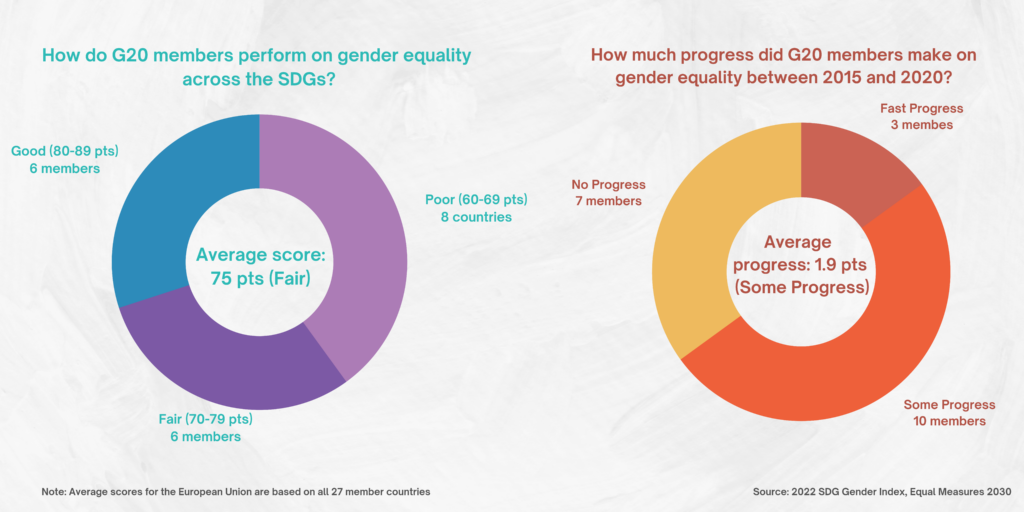
We sat down with Sahaj, our partner in India, to reflect on what this gender-equal approach could look like, why gender equality must be a pivotal focus of G20 processes, and the role India plays as the current president.
How can the G20 agenda help advance and accelerate progress on gender equality?
G20 countries should resolve to emerge as a platform for making concrete policy commitments to reduce the gender gaps in education, health and other economic, social and cultural rights. When we say ‘gender’, we are referring to gender as a non-binary concept as well as a recognition of the intersectional perspective on gender.
Opportunities for advancing gender equality in education include promoting STEM education for girls and women in all their diversity to equip them for better job opportunities. Providing access to financial services, entrepreneurship support and vocational training are key to accelerating women’s economic empowerment. These measures are critical for inclusive economic growth.
Violation of sexual and reproductive rights is a widespread phenomenon. G20 countries should resolve to uphold these rights and to ensure access to comprehensive healthcare with a special emphasis on services like safe abortion, access to contraception, and comprehensive sexuality education.
Gender based violence impacts women’s and trans persons’ physical as well as mental health, thus G20 countries should ensure enforcement of the laws to protect related rights (bodily integrity, freedom from violence and suchlike) and establish support systems for survivors of violence.
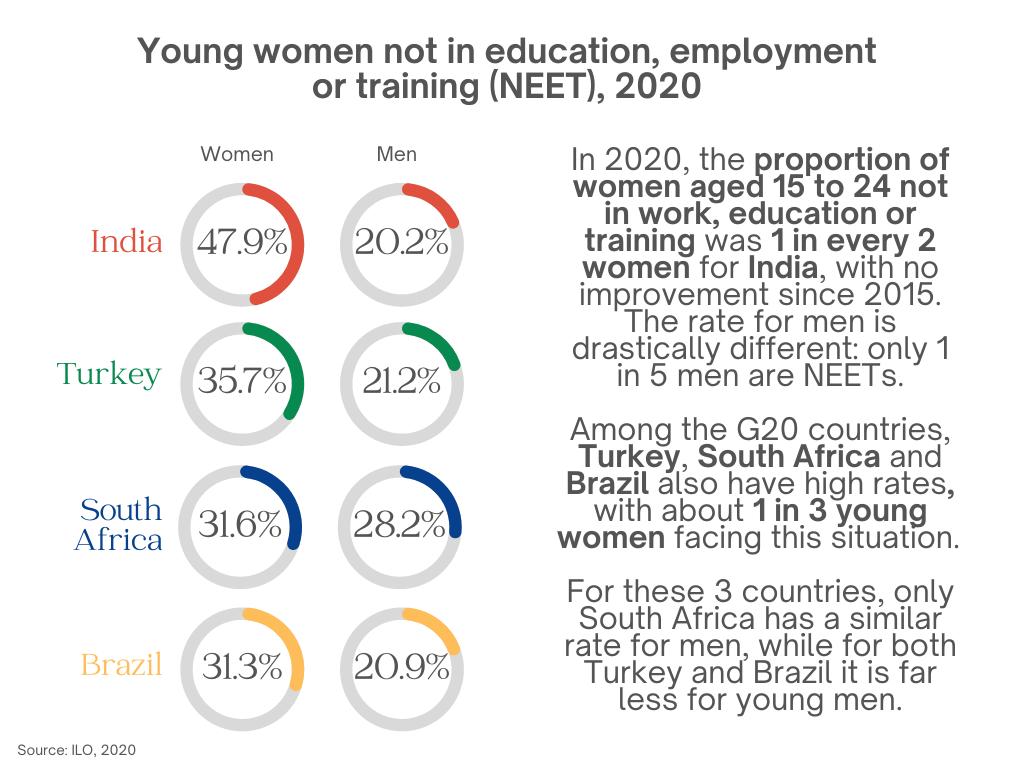
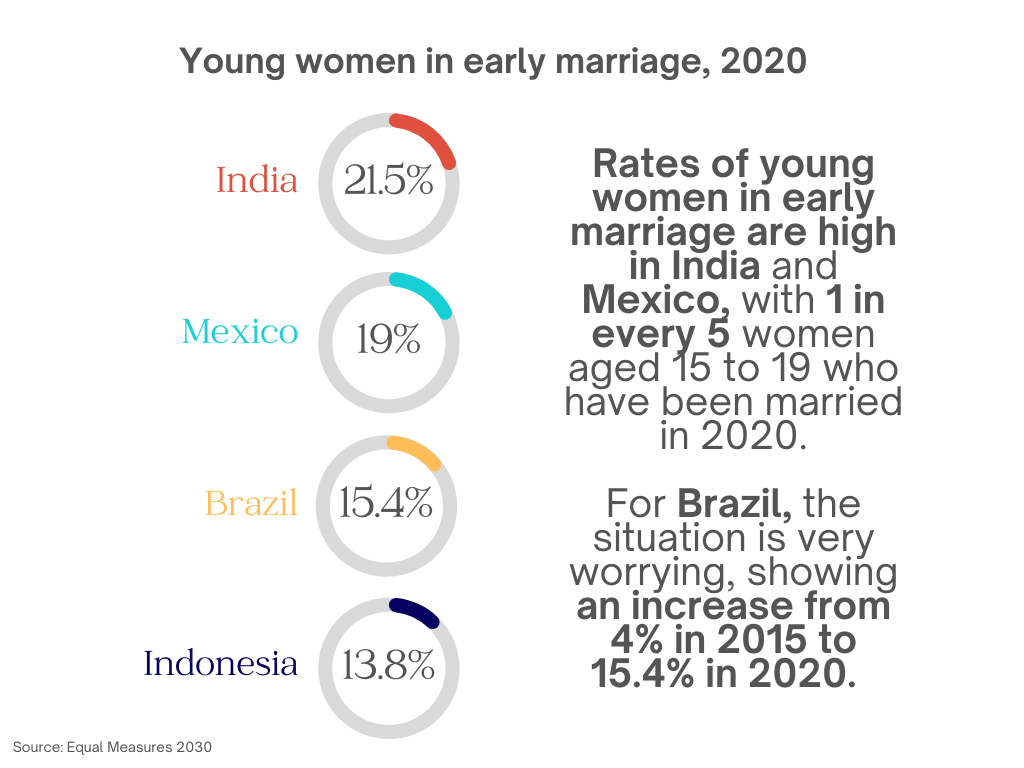
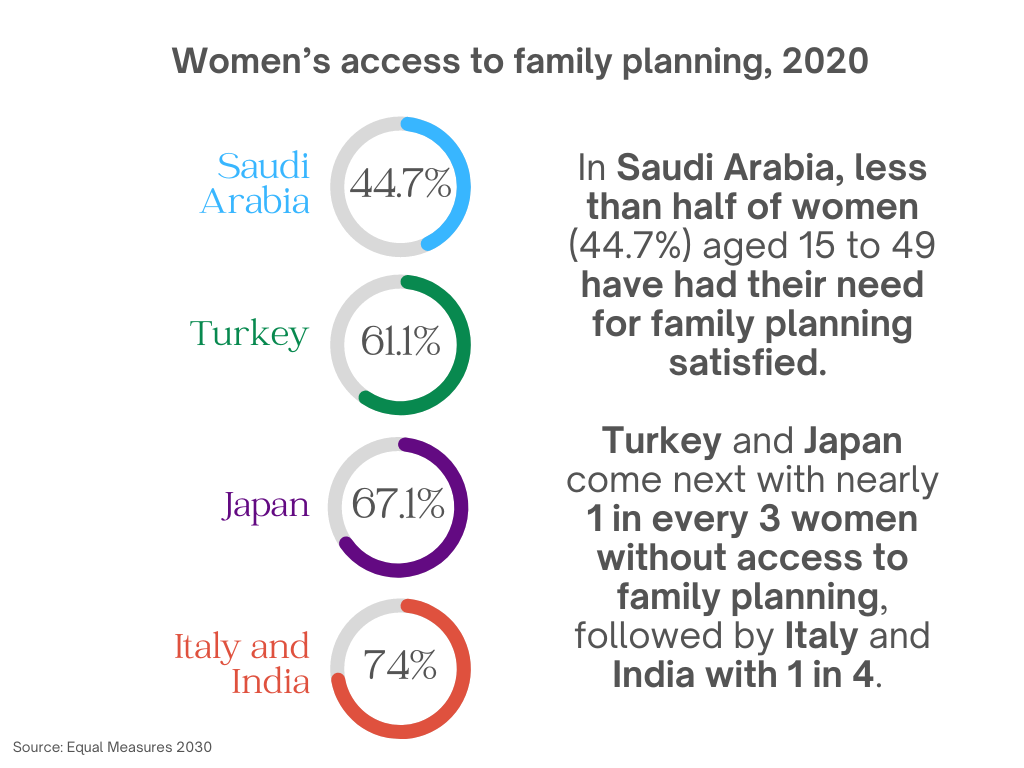
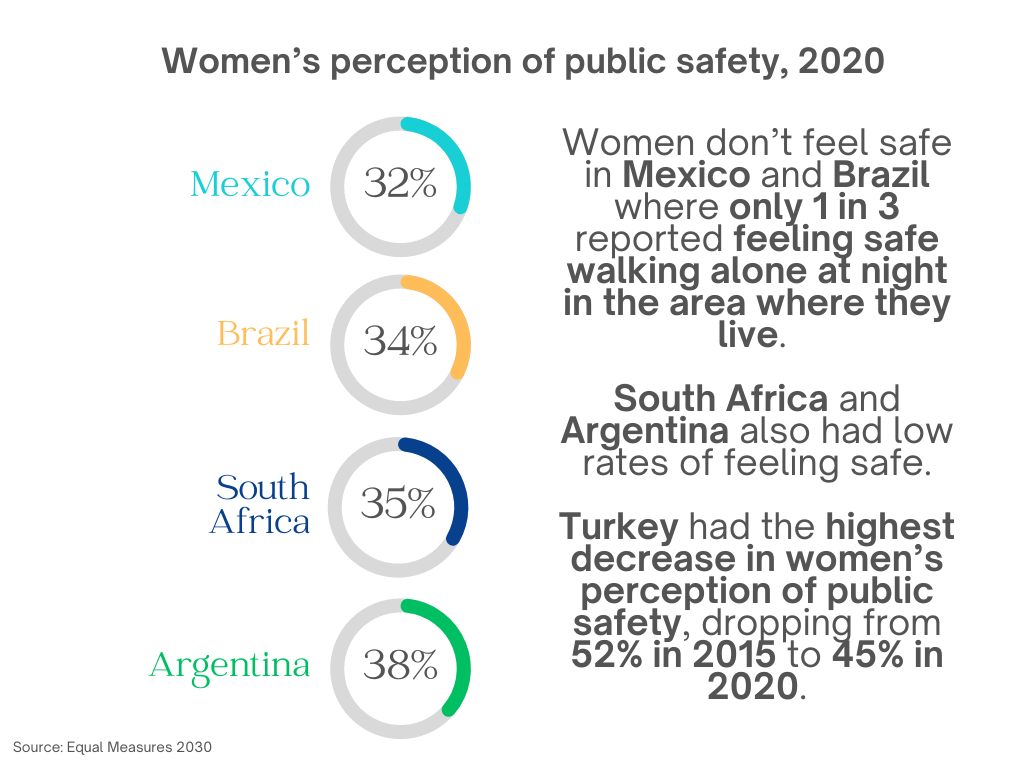
If you had the chance to speak directly to a G20 leader and deliver a message to them, what would you say?
Gender equality is central to the development agenda. Women’s empowerment is essential for inclusive economic growth. As women’s rights advocates, we would recommend enacting policies to ensure equal opportunities for persons along the gender continuum, so that each person gets an opportunity to express their full potential.
We would advocate for the dismantling of barriers to accessing education and opportunities to participate in the labor force, including at the highest levels, and to secure hassle-free credit facilities for women and trans entrepreneurs. Lastly, we would urge for the prioritization of adequate budgetary allocations for furthering the gender equality agenda needs.
What can the Indian government do to advance the gender equality agenda in G20 processes?
For advancing gender equality within G20 agenda, the Indian Government needs to adopt a multipronged approach. First and foremost, the G20 policy recommendations should be aligned with the Sustainable Development Goals’ Framework to bring synergy between the two. The Government of India should emphasize a common indicators’ framework for monitoring the progress of gender equality across G20 member countries.
The Government must also demonstrate the importance of gender equality by including women in G20 leadership roles, including participation in decision-making processes and by promoting the inclusion of diverse women’s voices through civil society consultations. Beyond this, there is a need to create platforms and set up processes for evidence building for issues like Gender Based Violence, low participation of women in the labor force and such. This could be achieved by collating best practices to address these gender discriminatory practices which are prevalent in several G20 countries.
The summit comes at a critical juncture for the feminist movement in India. We look forward to the outcome of the summit and hope that the power and urgency of action on gender equality shines through in the discussions. Stay tuned for part 2 to this blog where we’ll reflect on the outcomes of the Summit and its implications for gender equality programming in India and other G20 countries.



